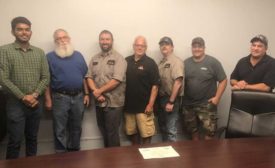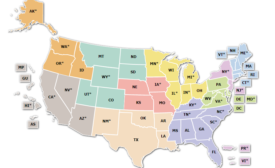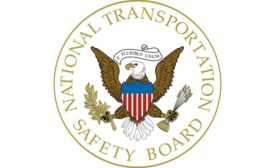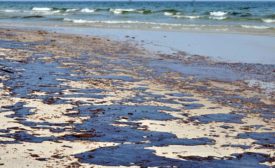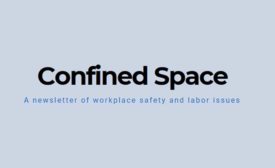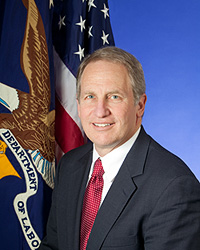News
A Confined Space blog post
Are Kentucky — and other OSHA state Plans — failing their workers?
November 16, 2018
Never miss the latest news and trends driving the safety industry
eNewsletter | Website | eMagazine
JOIN TODAYCopyright ©2024. All Rights Reserved BNP Media.
Design, CMS, Hosting & Web Development :: ePublishing
